Summer, the time when families plan vacations, is also the time when online scams flourish with increasingly sophisticated methods. By impersonating blue-tick fanpages and copying content from official websites, many subjects have set up "technology traps" that prey on the psychology of consumers who love cheap travel . And with just one click on a strange link or a gullible transfer, many people have had to pay the price with their family's dream vacation.
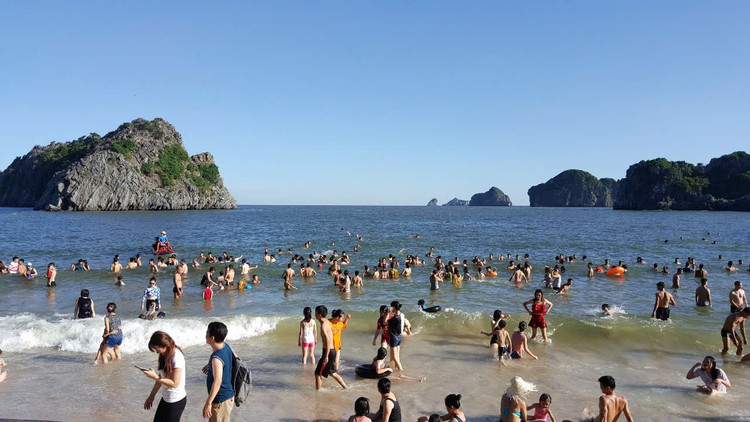
Book a virtual room, lose all real account
Taking advantage of the peak tourist season and the increasing demand for travel, many scammers take advantage to trap users through fake fanpages of reputable brands in the tourism, hotel and aviation sectors.
The two most common forms of fraud include: Asking customers to transfer a deposit in advance to reserve a service, then appropriating the money and cutting off contact.
Send fake links to steal personal information and OTP codes to gain access to bank accounts or e-wallets.
Ms. Nguyen Thanh Mai (living in Hanoi ) said that, taking advantage of her children's summer vacation, she planned to take her whole family on a trip to relax and bond. Following a friend's recommendation, she found a Facebook fanpage named after a famous resort that was rated as having good service. Trusting, Ms. Mai did not check carefully but decided to deposit 3 million VND in advance via bank transfer.
After transferring the money, the fanpage administrator contacted Ms. Mai again, asking her to clearly state the transfer content according to the instructions. At the same time, the subject sent her a transaction image showing that the money had been refunded, which was actually a fake image that was cleverly edited with software.
Next, they sent a link and asked Ms. Mai to click on it to “reconfirm the correct refund amount”. While still hesitant, Ms. Mai noticed some unusual signs and promptly checked again. Fortunately, she discovered that the fanpage was fake, created for the purpose of fraud. Thanks to that, she did not click on the link.

Another case was shared, booking tickets through a cheap airline ticket office. To gain the customer’s trust, the scammer also provided the company’s tax code and hotline. Luckily, the customer was cautious, before transferring money, he contacted and went to the place to “check”, but it turned out to be a “ghost address”.
Unfortunately, unlike the above cases, there have been many cases of being scammed out of deposits and having their accounts taken over.
“After clicking on the link the person sent me, I lost all the money in my account, more than 50 million VND. This was the money I planned to spend on my family's trip, and so our summer trip was ruined,” Nguyen Van Tan ( Phu Tho ) sadly shared.
It is worth mentioning that the scams are very sophisticated. They often create Facebook pages with names identical to those of resorts, hotels or major airlines, then run ads to reach users with attractive offers such as package tours, cheap air tickets, or travel-accommodation combos at prices much lower than the market. Many Facebook pages even have blue ticks to create trust and credibility, causing people to fall into scam traps.
Blue tick does not guarantee authenticity: Users need to be alert
According to experts, scams are becoming more and more sophisticated, including taking advantage of the blue tick on Facebook to gain trust from users. Specifically, they hire blue tick registration services or buy previously verified Facebook accounts, then change their names to reputable travel agencies, resorts, and hotels to fake their brands.
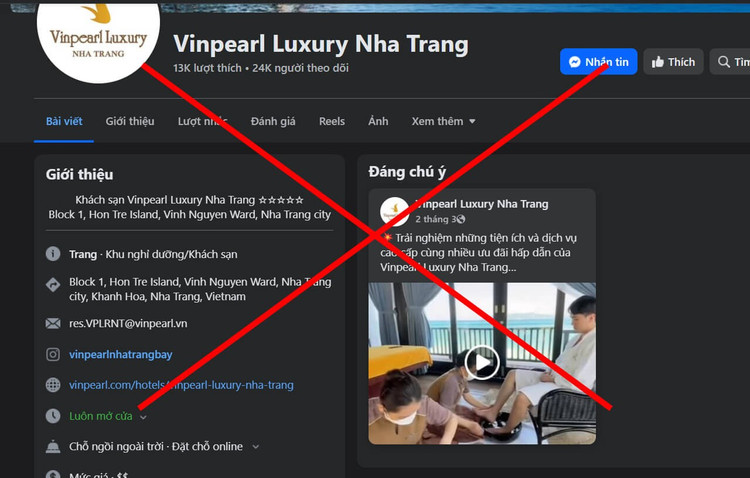
These accounts are used to run ads or post information about booking airline tickets, hotel rooms, and tours with attractive content and professional images. Notably, many fanpages also copy all official information from real websites to avoid suspicion. Even the prices offered are reasonable, similar to the market to create a sense of trust.
The next trick is to ask customers to transfer a deposit of 50% of the total cost. Then, the subjects provide fake booking codes or airline tickets, and continue to ask for the remaining payment. Once the user has transferred the money, these accounts immediately block communication and disappear.
People need to be extremely vigilant, carefully check the authenticity of the fanpage and business before making transactions, and should not transfer money before verifying the clear origin of the service provider.
Mr. Vu Ngoc Son, Head of Technology Department, National Cyber Security Association said that the common point in the scams of booking tours and cheap airline tickets is that the bad guys take advantage of users' psychology of wanting deals. The subjects do not need to use complex attack techniques, but only need to play on the psychology: everyone wants cheap tickets, nice hotel rooms, good service during peak season.
"From there, they create attractive scenarios using fake fanpages and websites, making users voluntarily fall into the trap," Mr. Son analyzed.
The Ministry of Public Security also issued a warning that people need to carefully check information on social media accounts that sell or advertise travel combos, hotel rooms, resorts, etc. It is necessary to check information posted from many different sources: Facebook, Tiktok, official websites of businesses and accommodation establishments.
Check the transparency of social media accounts. Most fake accounts are newly created or have recently changed their names and posts advertisements in a short time. People can easily check this information and should not transact with accounts that show the above signs.
After making a deposit, you need to check the specific information about your booking code. Contact the official phone number of the airline, accommodation facility, resort to check your code, check the reputation of the ticket booking agent, and book a room before paying the full amount.
The Vietnam National Administration of Tourism has asked local tourism departments to increase monitoring and coordinate with the police to handle fake websites and fanpages. At the same time, people are advised to book tours through travel agencies with clear business licenses, use reputable platforms, request specific contracts and receipts, and not transfer money to strange personal accounts.
Source: https://khoahocdoisong.vn/nhap-link-dat-phong-di-tong-ky-nghi-post1553900.html









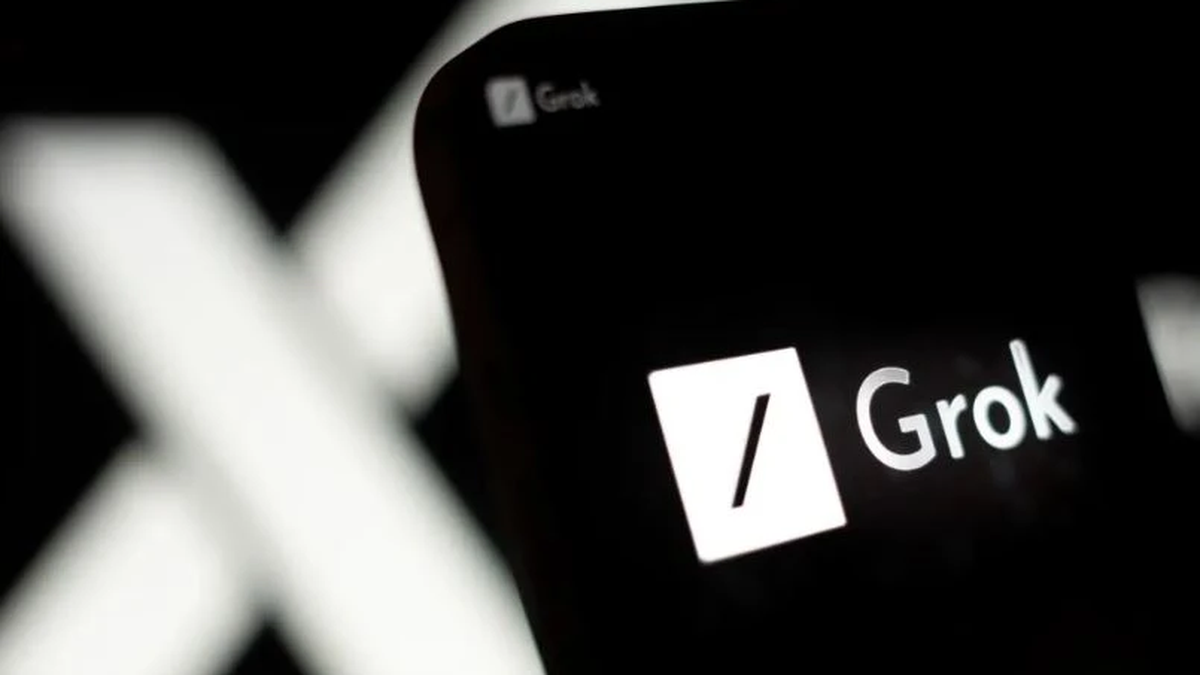
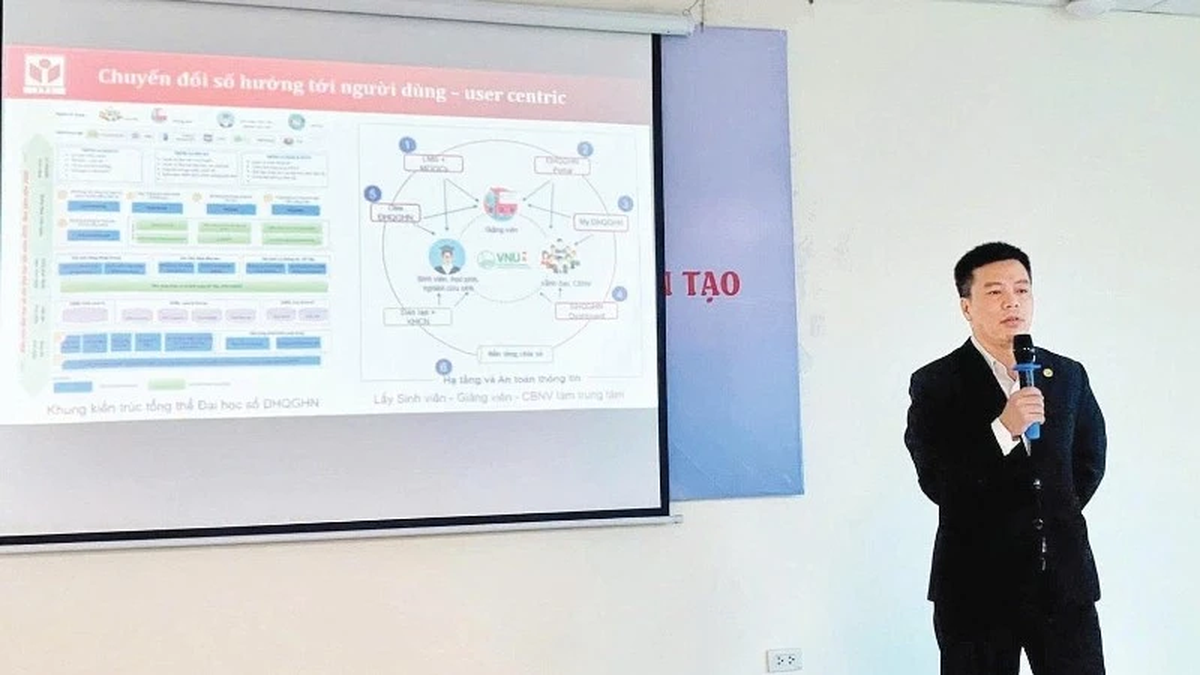



























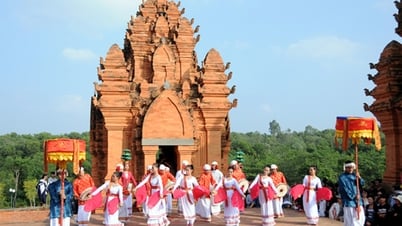





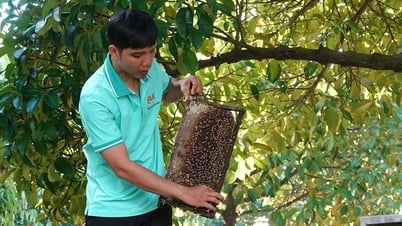




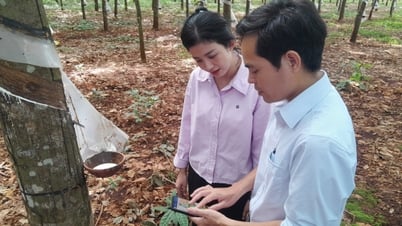




























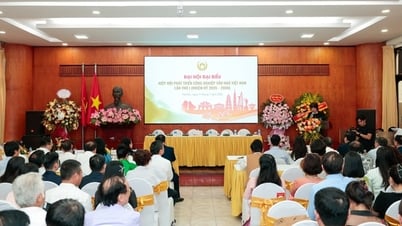






















Comment (0)